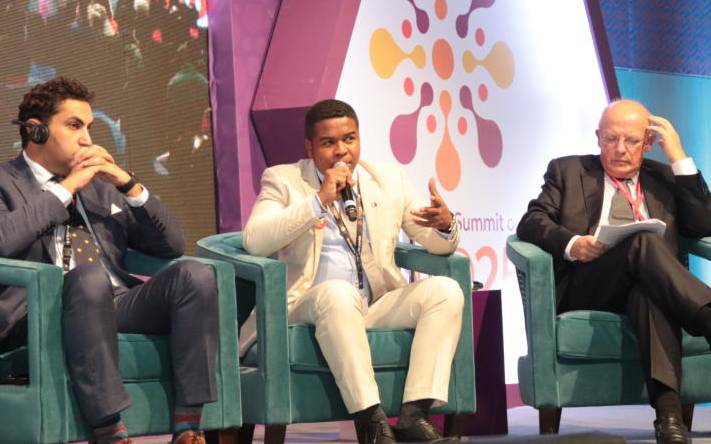
The Director of People and Peace European High Commission Henriette Geige (left), Honourable Depute Madagascar Marco Tsaradia (C) and Minister of Foreign Affairs the Portuguese Republic Augusto Santos Silva during the session themed " Our bodies our lives our word 1.8 billion reasons why," at the ICPD25 conference at KICC Nairobi on Wednesday, November 13, 2019. [David Gichuru, Standard]
The International Conference on Population and Development (ICPD25) conference closes today amid questions on whether it will produce a high-level declaration.